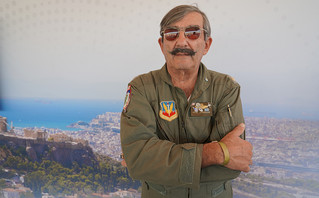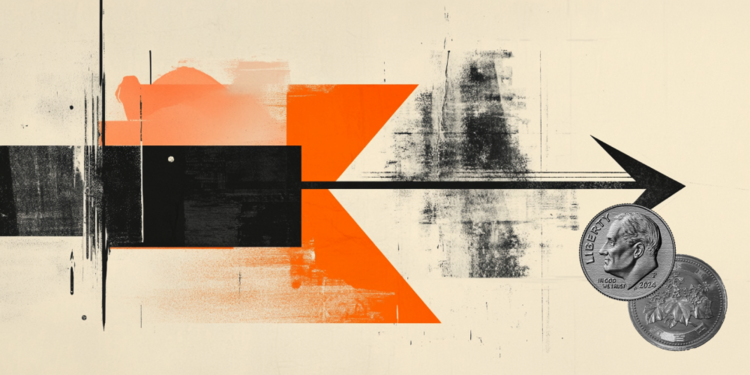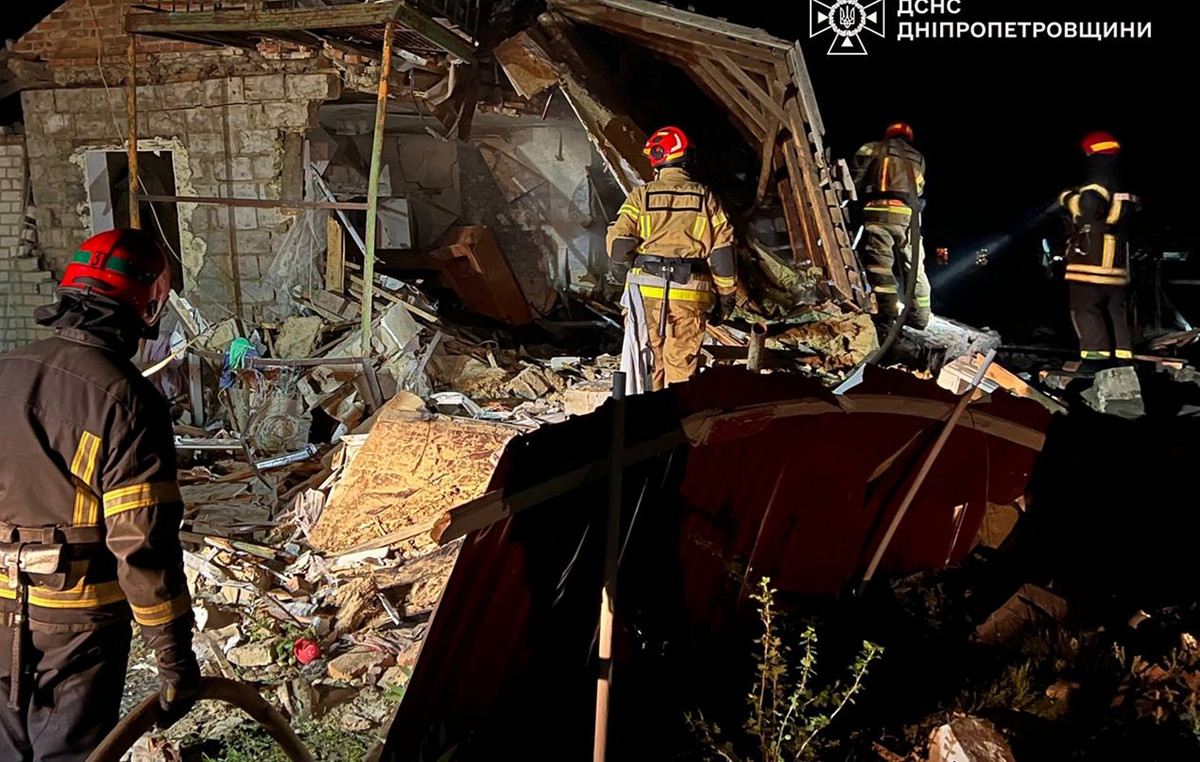THE Vietnam War was perhaps the greatest armed conflict between West and East during the Cold War. US troops had already been involved since 1959, but they arrived in large numbers during 1965. They left the country in 1973, which eventually led to the South’s surrender on April 30, 1975.
“My name is Pericles Vergados, I come from Boston Massachusetts. My father was from Sparta, my mother from Kythira and I was a pilot in Vietnam War...” The American Air Force pilot of Greek origin was in Greece for a few days last September and shared, speaking to the APE-MPE radio station “Agency 104.9FM”, some of the unique moments of air combat he experienced flying over the deadly jungles of Vietnam.
“I was ten years old when my father said to me “let’s go to the airport, they have brought it there first jet aircraft“. We finally went with my parents and at some point he came near me the pilot. It was then that I told my parents “one day I will become a pilot”. My mother then… kicked me out and told me that she doesn’t want me to go to the Air Force. But I did it. I was 22 years old, in College when I went to pilot training and found myself serving in the Aviation for 23 years“, recounts the veteran Pericles Vergados, answering about the beginning of his “love affair” with flying.
Surviving above the Vietnamese ‘Triple Canopy Jungle’
It was the time when America he found himself fighting on a battlefield, which proved as deadly as few. “For a year I was a co-pilot in the B-52 bomber, when the Vietnam War came. Then I gave my name, I wanted to be a pilot fighter aircraft. In three months I received the paper to go for training to learn how to fly fighter jets. So from 1967 until 1969 I was in Vietnam. I returned home in June 1969,” explains the straight-laced and energetic 25-year veteran pilot as he relays some moments from his aviation history.
“My role there and my missions were specific. I was flying a small plane and specials rockets with white smoke. In collaboration with the Army target “markers”. on the ground so that the pilots with the weapons-laden fighters could strike the targets in the jungle. We are talking about a jungle very special, with incredible “Triple Canopy” jungle – term referring to a rainforest with three levels, the “canopy” which is the top level that covers most of the forest, the middle level, the “mezzanine” and the lower level called the forest floor , one more level characterized by intense vegetation“, he notes.

The experience of the war of attrition
“It’s hard to describe what he was like war there. Some days it was quiet, some days it was very bad. I can’t describe inside myself how I am, how I feel… Every day I remember the war. Every day. It can something small, something big to remind me of the war. I saw, for example, in Athens at the air show Bell Huey helicopters, a guy who was also in Vietnam and I remember at that time such a helicopter that had weapons, guns on it and was fighting, or other Hueys that brought wounded soldiers, the children who had to go in hospitals. If one watches the TV series M*A*S*H, which took place in such military field hospitals, the images I experienced were similar to what the series showed…” recounts the pilot, one of the few pilots of the US Air Force of Greek origin.
The end of the war found him returning at my home in the US where he remained a pilot for 16 years in the US National Guard, in Massachusetts. “I retired from flying after a total of 23 years. I always miss the flight, too much. Every time, every moment. All pilots miss flying, every moment…”, he confesses. Behind the aviator glasses his a broad smile is combined with a look of joy, as he momentarily raises his eyes again to the Greek sky where jets are flying. One more look, hours before the return trip to the US begins.
Source: News Beast
I’m Robert Neff, a professional writer and editor. I specialize in the entertainment section, providing up-to-date coverage on the latest developments in film, television and music. My work has been featured on World Stock Market and other prominent publications.







